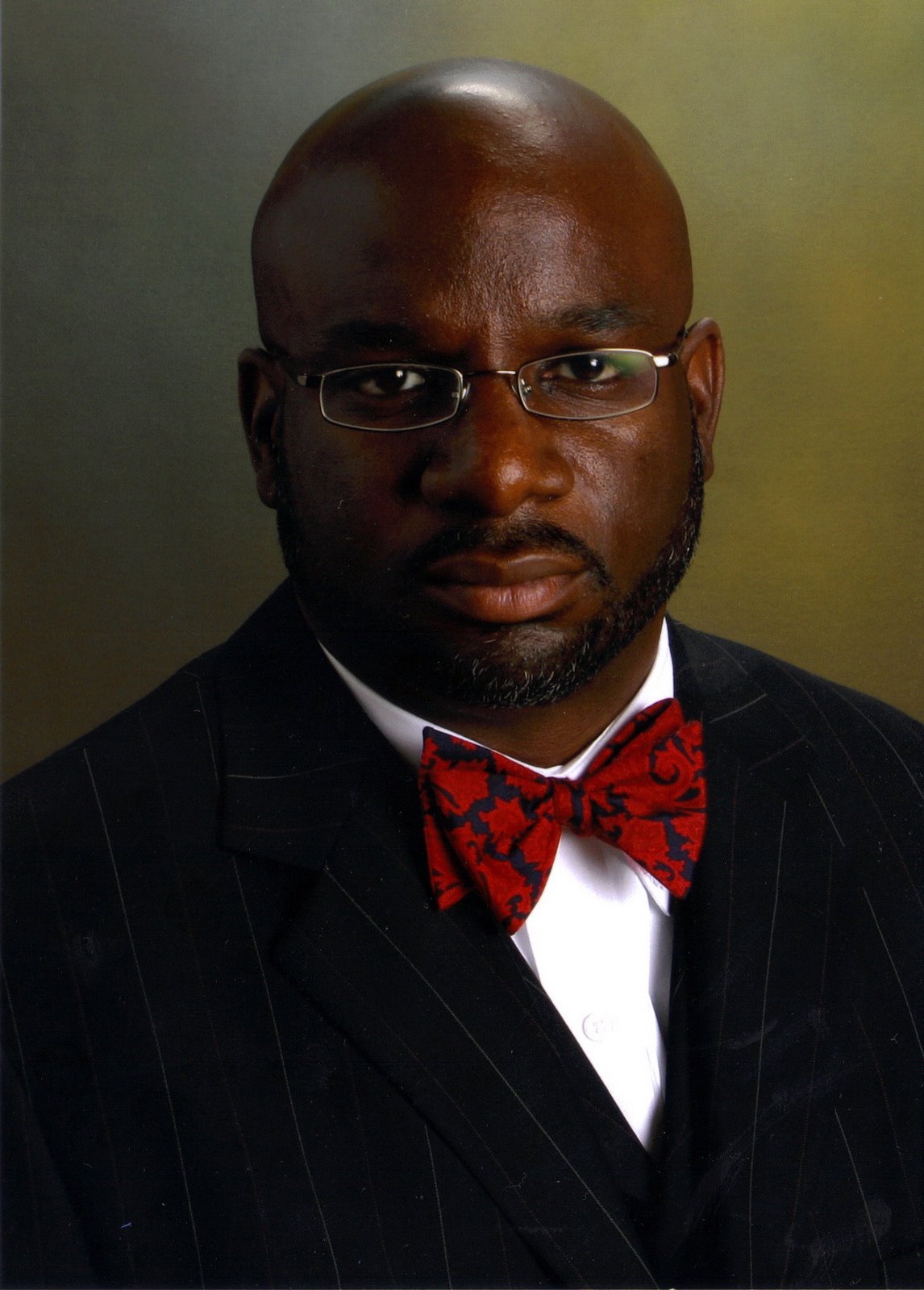
We really don't have anyone else to blame, but that does not make the problem any less distasteful. The "problem" is that our rare materials that have somehow weathered the years and made it to the 21st century, in large part are not under our direct control. The majority of the surviving copies of the Book of Discipline from the early and mid 1800s, the minutes of our first general and annual conferences, the hymn books from the early days of the Church, and other hard-to-find primary sources reside in library archives of communities outside of the AME Church. This is a problem.
To illustrate, allow me a moment to relate my most recent visit to one such library. While attending the California Annual Conference in San Francisco last week, I could not resist the opportunity to look into the local archives to see what AME records might exist. As a son of the California Conference, I am disturbed by the lack of scholarly attention given to the spread of African Methodism to the West and so I hope to one day write on the subject. To that end, anything that I could find on our early labors in the West would be helpful.
So I went to work by contacting the Archive at the GTU (Graduate Theological Union at the Univ. of California, Berkley). Although I was informed that nothing existed on the AME Church in their archives, I performed my own search. What I found in the archives was nothing short of amazing: the only known surviving copy of the minutes of the California Annual Conference dated 1870! While I read through the minutes, Bishop John Richard Bryant was right across the bay in San Francisco leading the California Conference at that moment. As he and the members of the Conference did their work, I was transported back to the pioneer days. I read in vivid detail about the great western expansionist, Bishop T.M.D. Ward, as he provided leadership to the struggling Conference in those formative years. I read of clergy and lay members that sacrificed their lives and their meager resources to keep church doors open.
It was amazing to see the early church at work as reports came in from San Francisco, Oakland, Los Angeles, Portland (Oregon), Nevada, and Denver (Colorado). They wrestled over many of the same things we struggle with today: the threat that Blacks faced in a society that spoke about equality and justice for all, but was often short of delivering on the promise; churches that desired full time ministry, but could not afford the pastor's salary; congregations with declining membership and offerings that were falling below expectations; and of course, the unexpected joy of success in places where much fruit had not been expected.
But, I was soon reminded of the "problem." When I asked the reference desk workers if they would be so kind as to make a copy of these minutes (the only one known in the world to be available to the public), I was told without any sort of emotion that the documents were too frail and could not be reproduced. Our story, in someone else's hands, and I could not get a copy. I was ordained in the California Conference. My grandmother had been a lay person in the Conference since the 1940s. This is our story, but I could not have a copy of it.
This is the price you pay when you do not take care of your own things. They fall into the hands of others and they then have the discretion to tell you what you can and cannot do with what is yours. This is why we must have our own archive and we must have it soon (for those who are new to the blog, I would refer you to the postings on August 19 and September 10 for more details on specific plans to build an Archive).
Well, the good news is (there's always Good News!) that I did not stop with the workers on the reference desk. I waited until the Archivist returned. She was very understanding and assured me that the desk workers were only following instructions to make sure that only qualified persons made the copies. She was kind enough to volunteer to make the copies herself and place them in the mail for me. For this, I am grateful.
But as grateful as I am for her extending this professional courtesy, I will not be fully satisfied until our rare materials have a place of their own under our control. Fortunately, there is a solution to the problem. Let's do what is long overdue and build an Archive of our own so that our records may be protected under our "own vine and fig tree."

2 comments:
Awesome reference to the History of the AME church and the our forefathers/mothers who paved the way for us today. Thanks so much for the time, effort and excellent organization of this elite history.
May God continue to order your steps.
God Bless,
Denise
Thank you so much for continuing to illuminate the noble cause of gaining control of our own precious archives, so they will ultimately be “in the care” of those who truly “do care.“
I was so moved by the wonderful METAPHOR FOR LIFE that you cite:
This is the price you pay when you do not TAKE CARE OF YOUR OWN THINGS.
I want to be there when you preach that sermon. Carry on. Amen.
kb
Post a Comment